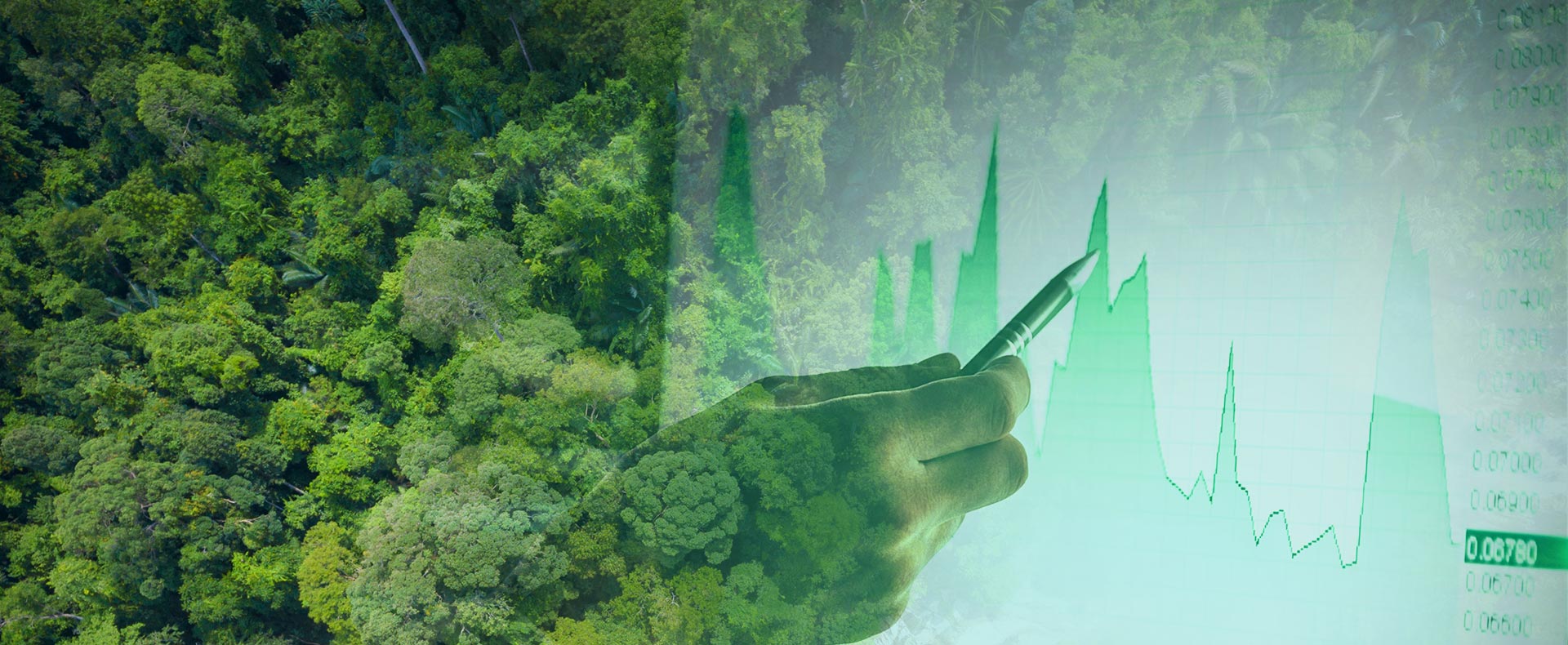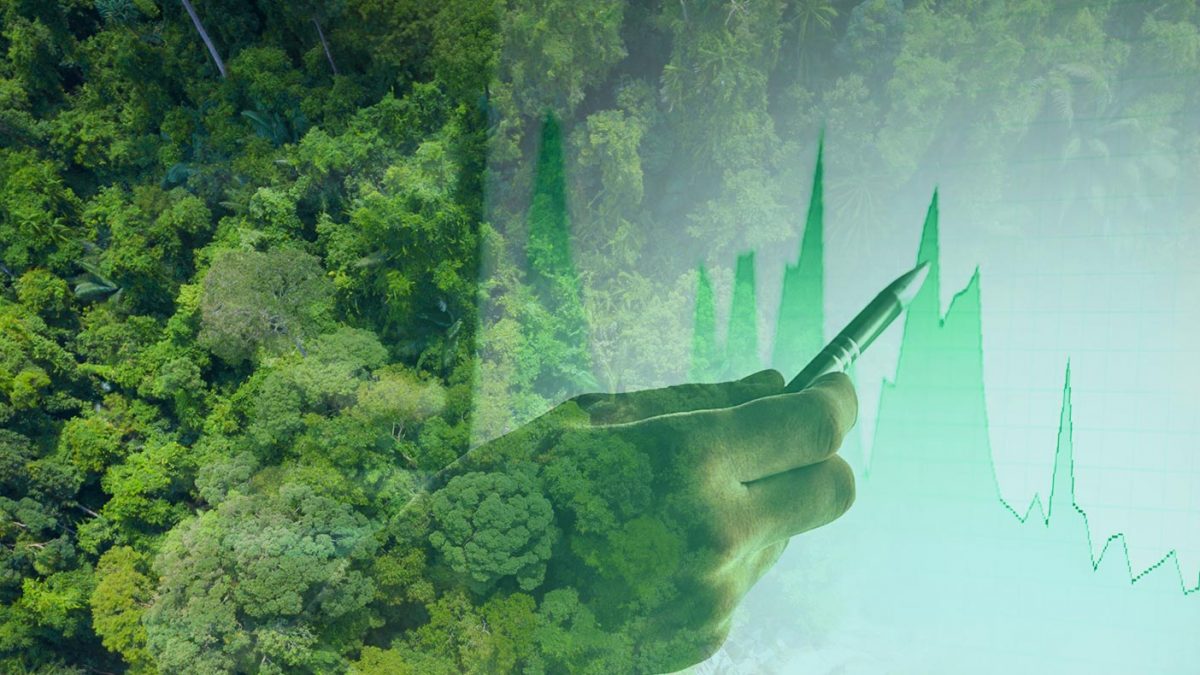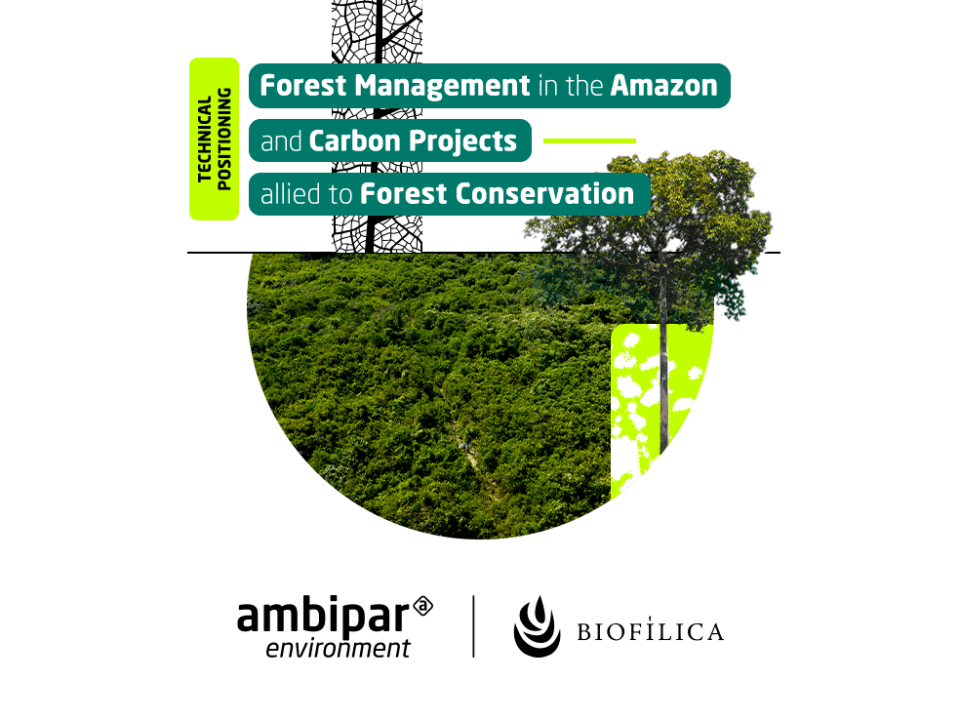ESG: the three magic words that are dominating the investment market
Environmental, social and governance criteria or ESG – an acronym in English that has become internationally known – are being increasingly associated by investment managers and regulators to sound businesses, presenting less risks to the climate and sustainability of the planet, and thus gaining strength and getting the attention of the market. The increase in this interest reached the point where MSCI, the main financial market analysis company, declared that the ESG indexes are becoming more relevant than the traditional ones.

Click here and see which ESG sustainable impact metrics are considered in the MSCI index
The impact of this trend is already beginning to be felt in numbers and in the movement of the market. According to the new report by Moody’s Investor Services, the demand for ESG investments expresses a lasting movement and with great growth potential, which may represent more than half of the entire asset management market. According to the survey, the potential market for ESG investments is 89 trillion dollars, which is the total assets currently managed by the signatories of the UN Principles for Responsible Investments (PRI). In parallel, even the largest asset manager in the world, Blackrock, announced in a letter to its customers the change in the company’s position, which now considers sustainability as the main factor in its investment strategies.
Sustainability: the center of attention in Davos
Given this scenario, the sustainability theme was for the first time one of the most discussed at the recent World Economic Forum in Davos. Issues related to climate change, such as deforestation and clean sources of energy, were among the main concerns of the participants and guided several meetings in the official schedule of the event, which drew attention to the emphasis on the theme and further reinforced the growth of interest in ESG investments.
The importance given to climate risks by businessmen and government officials who attended the meeting was a true example, especially to Brazil, of the impact that green policies have on different sectors of the economy, as reiterated by Gabriel Kohlmann’s article for Estadão.
Brazil and ESG investments
While many countries have been dedicated to strengthening good environmental and social practices in business for some years, Brazilian companies and investors are finally starting to move in the same direction. The creation of a council in Brazil by the Global Reporting Initiative (GRI), an important international organization that develops standards for sustainability reporting, confirms that the country is waking up to the issue and encourages the evolution of ESG investments here.
Unquestionably, the concern with climate change begins to dominate the investment world and for society this relationship could not be more beneficial: the environment wins, the companies that dedicate themselves to adopt more human and sustainable practices win, and so does the people that are favored by these practices.
Biofílica is proud to be part of this change. By contributing to the environmental dimension reducing carbon emissions, our REDD+ projects help companies in Brazil and abroad to stand out in face of this scenario and to be classified as ESG investments.
Learn now how to neutralize CO2 emissions and watch your company grow while helping to fight deforestation in the Amazon.
Chat with our REDD+ team
References:
VALOR ECONÔMICO – The ESG investment.
MSCI – ESG sustainable impact metrics.
VALOR ECONÔMICO – We need to talk about sustainability.
VALOR ECONÔMICO – GRI creates a board in Brazil with the presence of large investors.
ESTADÃO. – Davos’ lessons for Brazil.
ENVIRONMENTAL FINANCE. – ESG investing could grow to more than half of global AUM, says Moody’s.
ENVIRONMENTAL FINANCE. – The ESG data – introduction.
MOODY’S INVESTORS SERVICE – Beyond passive, ESG investing is the next growth frontier for asset managers.




